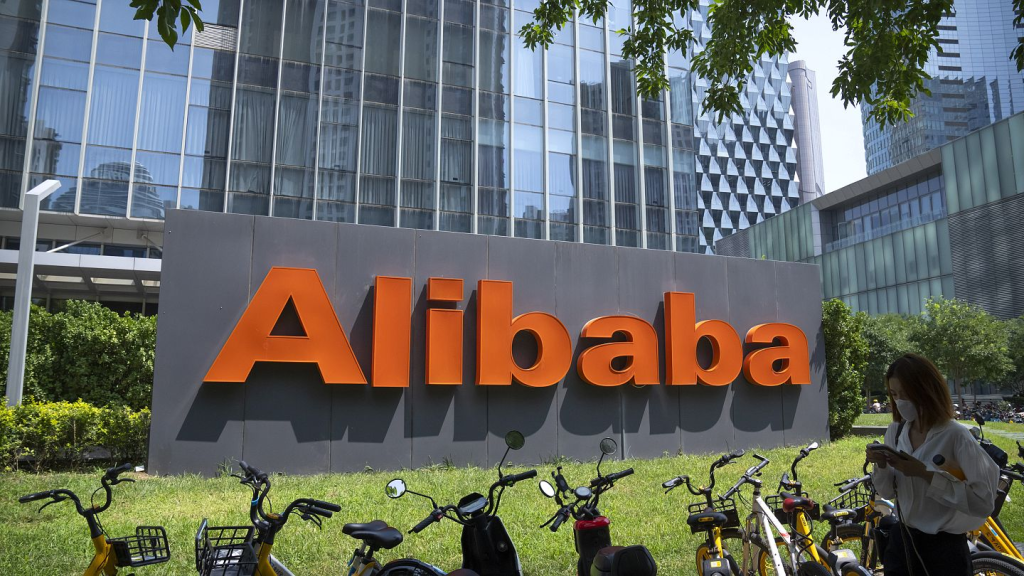US-listed stocks of Chinese e-commerce companies spiked Tuesday after the country’s central bank announced its first stimulus measures since the pandemic.
Online retail giants Alibaba (BABA), Pinduoduo (PDD), and JD.com (JD) — some of the largest companies in China in terms of market cap — led the surge Tuesday morning. Alibaba rose 7%, Pinduoduo climbed nearly 10%, and JD.com moved up by about 11%.
The People’s Bank of China unveiled a range of monetary stimulus measures in a last-ditch effort to revive the country’s struggling economy.
These measures are aimed at making it easier for households and businesses to access loans at lower rates, helping to stimulate spending and investment in an economy that’s been suffering from weak demand and a cooling property market. Those measures, among others included in the stimulus package, are set to let loose around 1 trillion yuan, or more than $140 billion, in liquidity.
China’s stock market reacted positively to the news. The CSI 300 (000300.SS), Shanghai Composite (000001.SS), and Hang Seng Index (^HSI) all rose more than 4%. Other Chinese tech stocks, including Baidu (BIDU), NetEase (NTSE), and Tencent (0.700.HK), also jumped on the news.
Tech companies, including giants like Alibaba, have struggled in China in recent years. The country’s regulatory crackdown on the industry beginning at the end of 2020 cost major Chinese firms in the sector a cumulative $1 trillion as of last year.
Alibaba completed its three-year-long overhaul this summer, bringing it into full compliance with China’s stricter regulations, following an anti-monopoly investigation that led to a $2.6 billion fine from Chinese antitrust regulators. Despite a recent surge — Alibaba shares are up 23% since the beginning of the year — the company’s stock is still miles below its $300-plus highs in late 2020. JD.com, Pinduoduo, Tencent, and NetEase shares also remain well below their early 2021 highs.
Some experts doubt China’s stimulus measures are enough to shore up its economy or affect the global markets.
“A lower mortgage rate on existing loans might help households, but it doesn’t do anything to arrest the decline in property prices or aggregate incomes or jobs,” Charles Schwab’s chief global investment strategist Jeffrey Kleintop said. “It’s a positive, but it’s unclear how long-lasting of an impact this will have on stocks.”



